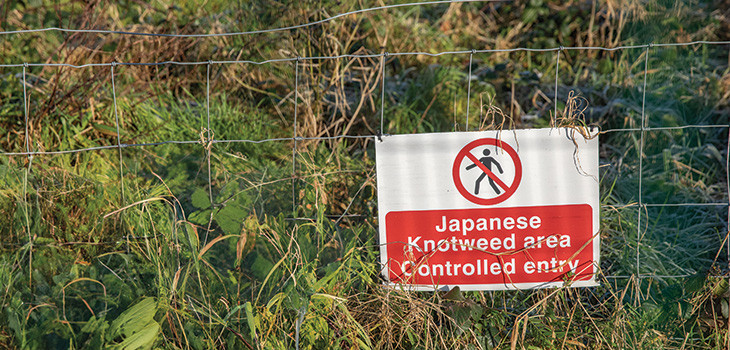
- Fearn and others v Board of Trustees of the Tate Gallery [2023] and the Japanese knotweed cases show the law on nuisance is evolving.
- It has now been established that it is not a defence to a claim for nuisance that the defendant was already using their land in the way now complained of before the claimant began to occupy the neighbouring land.
- Nor is it a defence that the defendant’s activity did not amount to a nuisance at all until the claimant’s land was built upon or its use was changed.
The law of private nuisance has troubled the UK’s highest courts with unusual frequency in recent years. As a creature of the common law, in times where space in major cities is at a premium and the pressure on undeveloped land is high, this is perhaps not surprising. This article looks at some of the recent major decisions








